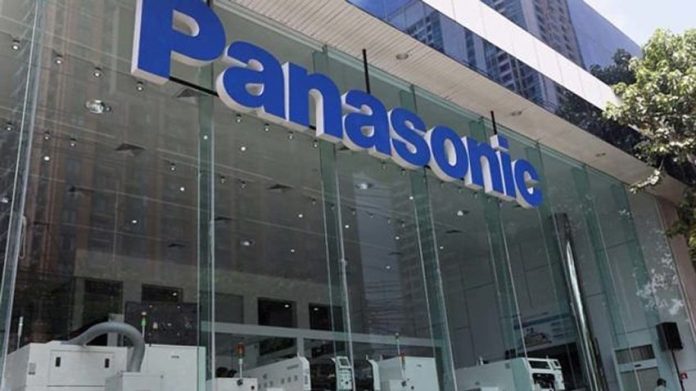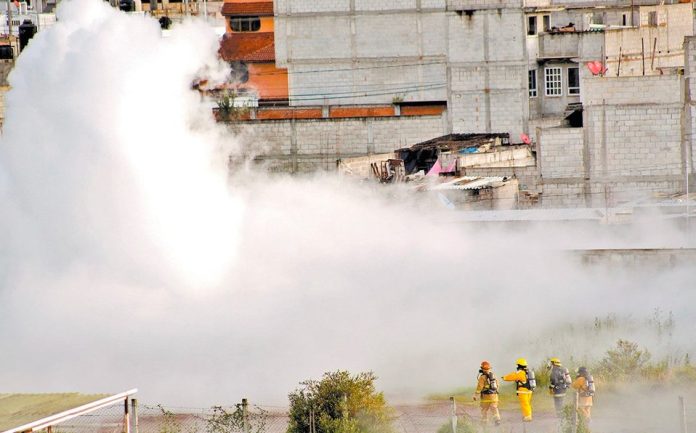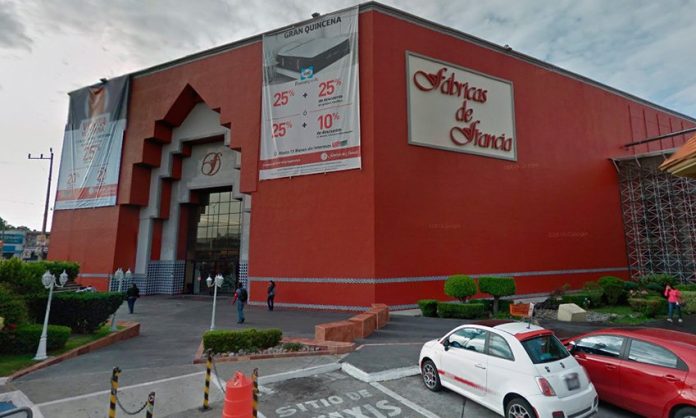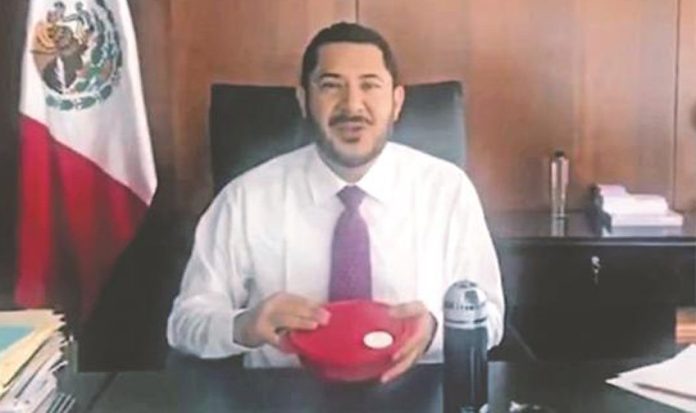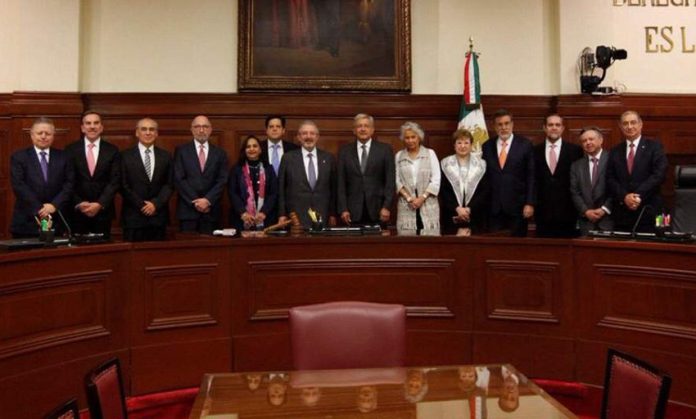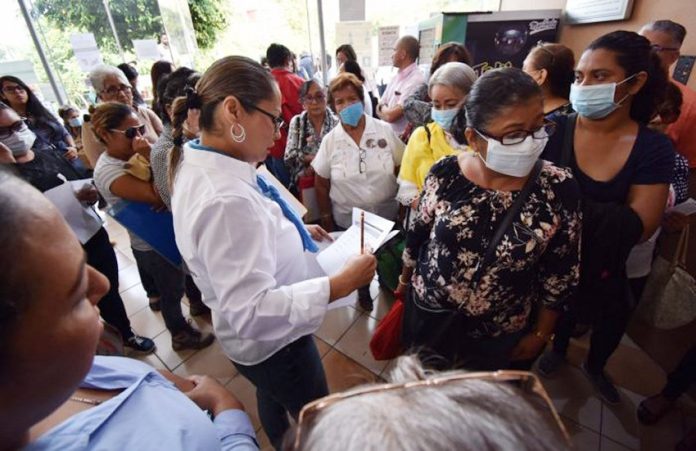The attorney general of Guerrero can expect a grilling from the state’s Congress next week over his purchase of a 10-million-peso (US $530,000) home in Acapulco.
Lawmakers in the southern state this week voted unanimously for Jorge Zuriel de los Santos Barrila to appear in Congress on September 18 to answer questions about his recent acquisition of the mansion.
The initiative to summon the attorney general, who has only been in the job since May, was presented by lawmakers from Morena, which has a majority in the Guerrero Congress following the July 1 elections and will become Mexico’s ruling party when Andrés Manuel López Obrador is sworn in as president on December 1.
The newspaper Reforma reported last week that de los Santos had bought an almost 700-square-meter residence in an exclusive residential area of the Pacific coast resort city by making two payments of 5 million pesos each.
However, according to Reforma, the real value of the home — which boasts six bedrooms, a swimming pool, a steam room and a terrace with ocean views — is US $1 million, or around double the price he supposedly paid.
De los Santos receives a base monthly salary of 80,000 pesos (US $4,250). The attorney general has also reportedly renovated a residence near his new mansion where his 12 bodyguards stay.
Before he was sworn in as a member of Governor Hector Astudillo’s cabinet, de los Santos lived in an area of Acapulco that has been plagued by drug violence, Reforma said.
The newspaper also said the 35-year-old is the best friend of Astudillo’s son Ricardo.
The appointment of de los Santos as attorney general of Guerrero, one of Mexico’s most violent states, was questioned at the time due to his alleged personal links to the state governor’s family and lack of relevant experience.
But the newly-sworn in attorney general rejected the claims and pledged to head the best Attorney General’s office the state has ever had.

